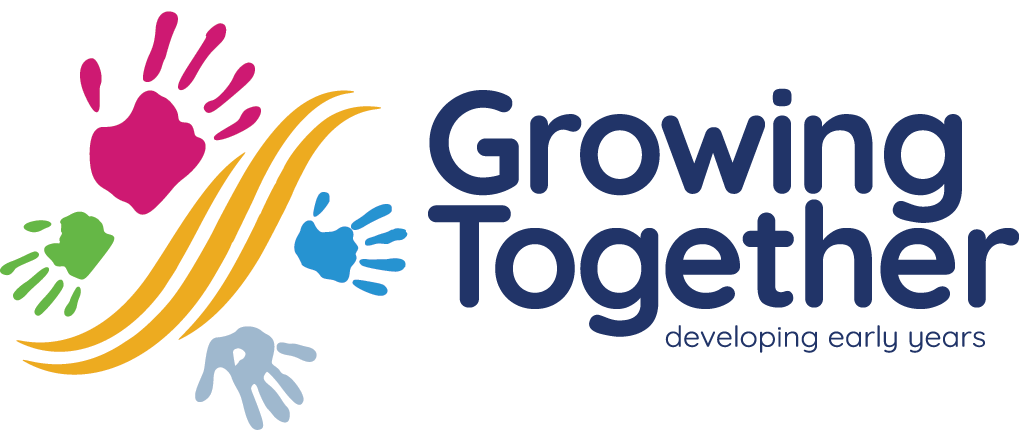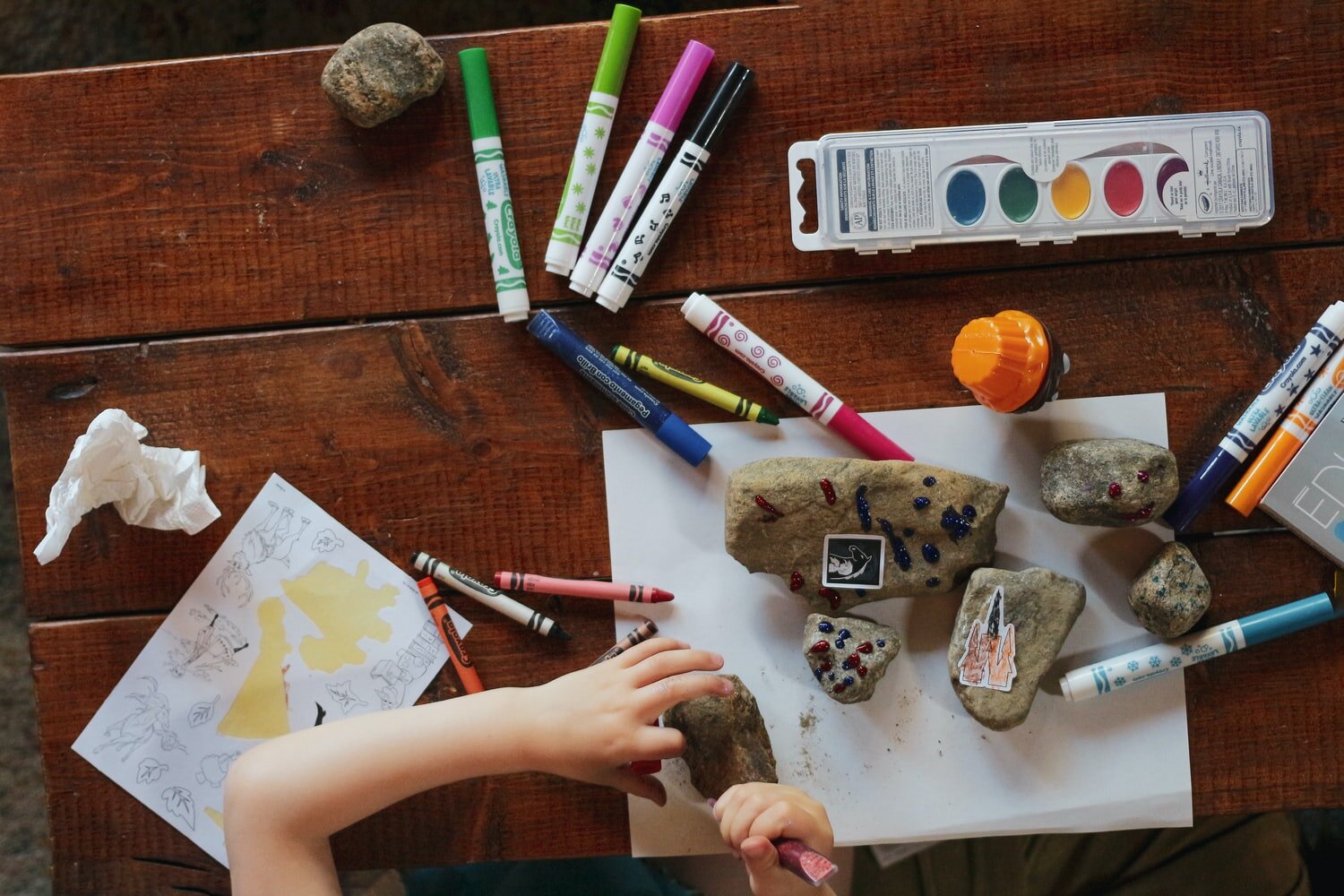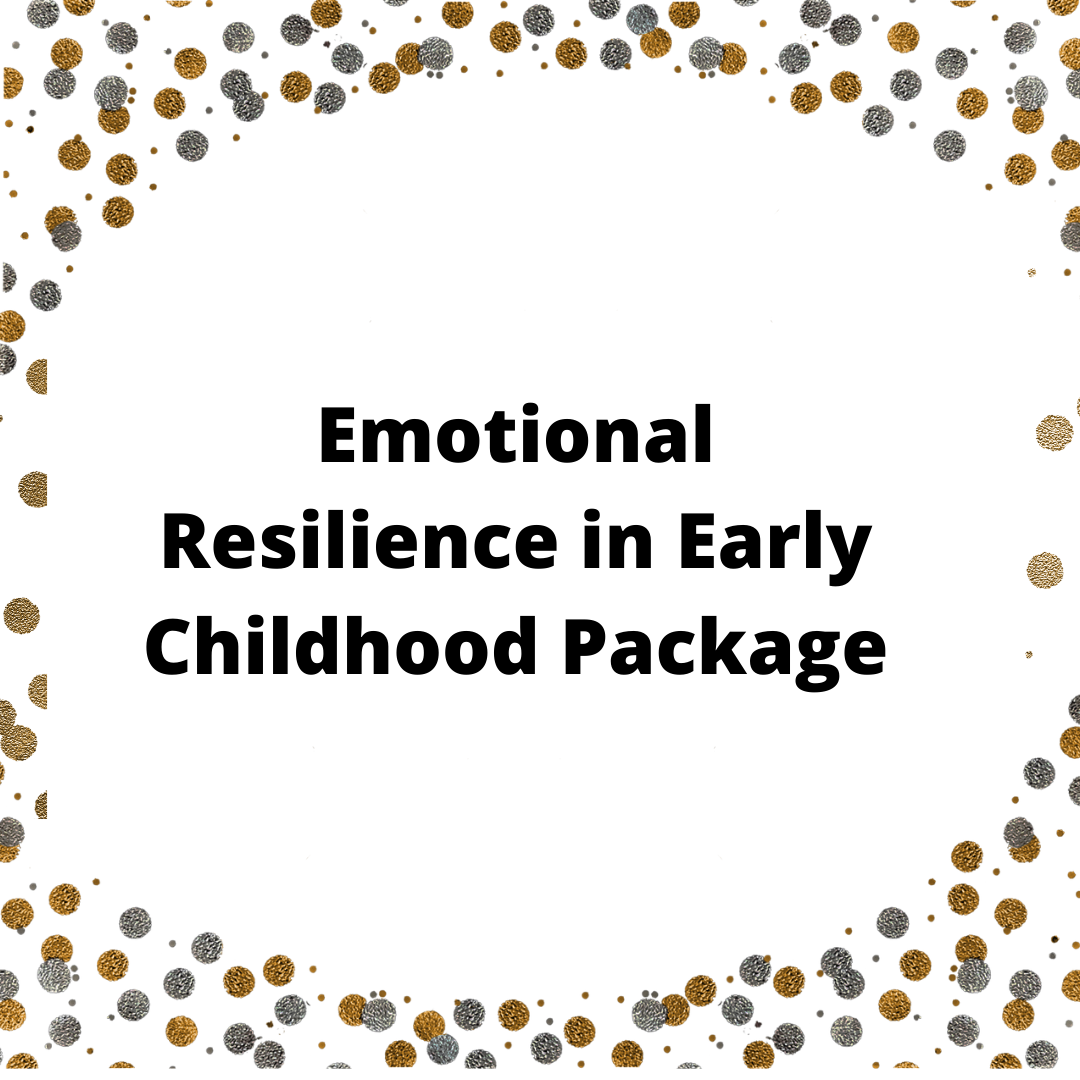School Readiness Series: How Can We Support Children to be School Ready?
Our last blog that you can find here, discussed what is school readiness regarding supporting our children to be ready to start reception class. This blog is going to consider how early years practitioners, from childminders to nurseries or preschools can support children within their care to become school ready. When we are thinking about school readiness, we want children to be confident, resilient, independent and to be managing their own self-care when they start school and children who have a good level of development in the prime areas of development.
So, the big question is what does this look like in reality? What is the support we give our children, so that we help them to be ready with the very best start through our early year’s provisions. We are going to break down the understanding of school readiness into areas, allowing us to discuss practical examples for each one.
Supporting Self-Care
When we think about self-care in the early years we are thinking about those physical skills or actions children develop to look after their bodies. For example, being able to dress themselves, feed themselves or brush their teeth. These everyday life activities that crucial to a healthy body and mind. Self-care is also about learning to look after our emotional well-being to be kind to ourselves and learn to regulate or behaviour and respond to our emotions and what we might do (we discuss supporting emotional well-being later in the blog when we look at supporting PSED).

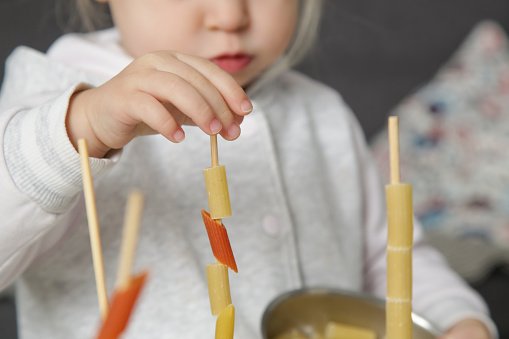
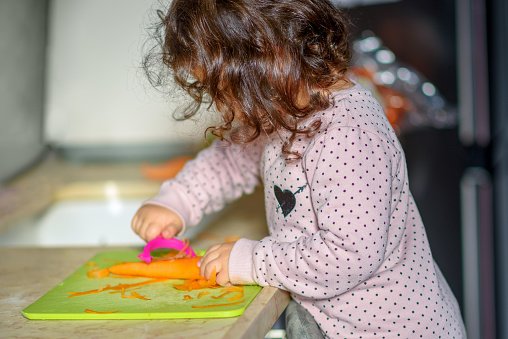
Ideas to support children with their physical skills to support their self-care:
1. Busy fastening boards – that include a range of different cloth fastenings for children to practise.
2. Practise using knife and forks in playdough.
3. Self-service snack and encouraging children to pour their own drinks.
4. Sticker shoe trick to help children put their own shoes on. Cut a sticker in half and stick half inside each shoe, the children have to match it up to put their shoes in the right feet.
5. Cooking activities with children that encourage them to use tools and knifes.
6. Finger gym and fine motor activities, developing the muscles and coordination in those hands.
7. Water play to develop children’s all important hand eye coordination.
8. School uniform dress up – (great for also supporting children’s emotional well-being, as well as giving them the opportunity to practise)
Ideas for supporting children to learn about their hygiene needs:
1. Nose wiping stations.
2. Visuals in bathrooms showing children when they might need to wash their hands and how to wash hands.
3. A curriculum that promotes oral health (see our previous blog here).
4. Role-play, e.g. washing, dressing and looking after the baby dolls.
Supporting Physical Development
When children start school we often have a societal view of wanting them to be able to hold a pencil correctly to form letters. But what we want for our children goes far beyond this, because actually there is so many skills that children need before they are ready to write. For example, we need to have developed our gross motor skills, our shoulder pivots, elbow pivots and wrists pivots. Before we then go on to strengthen the muscles in our hands and fine motor skills. We need to have developed our core-body strength and stability so that we can sit and write. We need to have hand-eye coordination, and developed our vestibular and proprioception sense.
Therefore before we challenge children to form letters and hold a pencil we need to be working on those skills through encourage active play, climbing running, dancing, parachute games. We need to give children the opportunity to explore large scale mark-making such as mop painting, painting with rollers using those gross motor skills. As well as mark-making at different angles in order to develop elbow pivots. We need to roll down hills, squat and listen as we look at bugs and have endless opportunities to be physical within our enabling environments.
Building Children’s Confidence, Resilience and Independence
Starting school is a big transition for most children and they are likely to be feeling a variety of emotions, big and small, good and bad. All emotions are okay and what we want is for our children to be resilient and be able to bounce back from different and difficult situations and show autonomy over their learning. For example, it is okay if I have to wait for my turn on the red bike; because I can apply the skills I have learnt in preschool, such as I can ask someone when they finish to let me know. Or we could use a timer to help us take turns. Also, when children are independent in their learning we see higher levels of motivation and learning, as they take ownership over what they are doing.
So we want to work on building children’s confidence, so that they are willing to have a go, see what happens and develop their own curiosity. This can be fostered through a curriculum and pedagogical approach that is open-ended, child-initiated and that promotes curiosity and enquiry based learning. For example, Harry found a ladybird in the garden and was talking to his friends about it. He looked closely at the dots and wings. This led onto a discussion about where we should put the ladybird and the children use non-fiction texts alongside a member of staff to find out about where ladybirds live and to make a home for it. The children also went on to do more bug hunts and insect related activities.
Personal Social and Emotional Development
By the time children start school we want them to be able to begin to take turns with others. Remember this is a hard skill and sometimes, especially if it is something very important to us, we still may need a little bit of support with sharing. But we want to to be able to share those resources, take turns in games and also in conversations, understanding that is a two way flow of information. There are many games or activities out there that we can do to support children with turn-taking throughout our continuous provision and adult-led activities:
Orchard toys games - orchard toys have a variety of games designed for this age range that are great for promoting simple turn taking.
Taking it in turns to be helpers - for example, snack helpers.
Using timers with popular toys as a resource to help children take turns.
Games such as sound lotto.
Puzzles that children have to work collaboratively together to achieve.
We also want children to be able to express their emotions and share how they are feeling with others, and to be able to self-regulate their behaviour. For example, I know that I am feeling cross, I cannot control this feeling, but I can take a break from my friend or do something physical to help me manage this feeling. This is also, going back to self-care helping children to learn to respond to their emotional needs and to take care of themselves.
Communication and Language Development
When children start school we want them to have the basic communication and language skills to be able to communicate effectively with adults and peers. To be able to listen and follow simple 2 part instructions, to enjoy listening to books and rhymes and join in retelling stories and singing nursery rhymes. We want them to be able to listen and focus on a conversation, staying on topic and following it and to be confident to communicate their wants and interests to others.
There are many ways that we can support children’s communication and language skills, through sharing a range of books or singing nursery rhymes. To making sure that we have language rich environment and communication friendly spaces. For children we have concerns about we can use intervention tools such as WellComm to support their communication and language development. High quality interactions between staff and children are also crucial in supporting early communication and language development. As well as offering a variety of phase one phonics activities that is going to help children to begin to listen, tune in and talk about different sounds that they hear.
